Poor sleep has huge costs for the workplace. But that isn't why we should care.

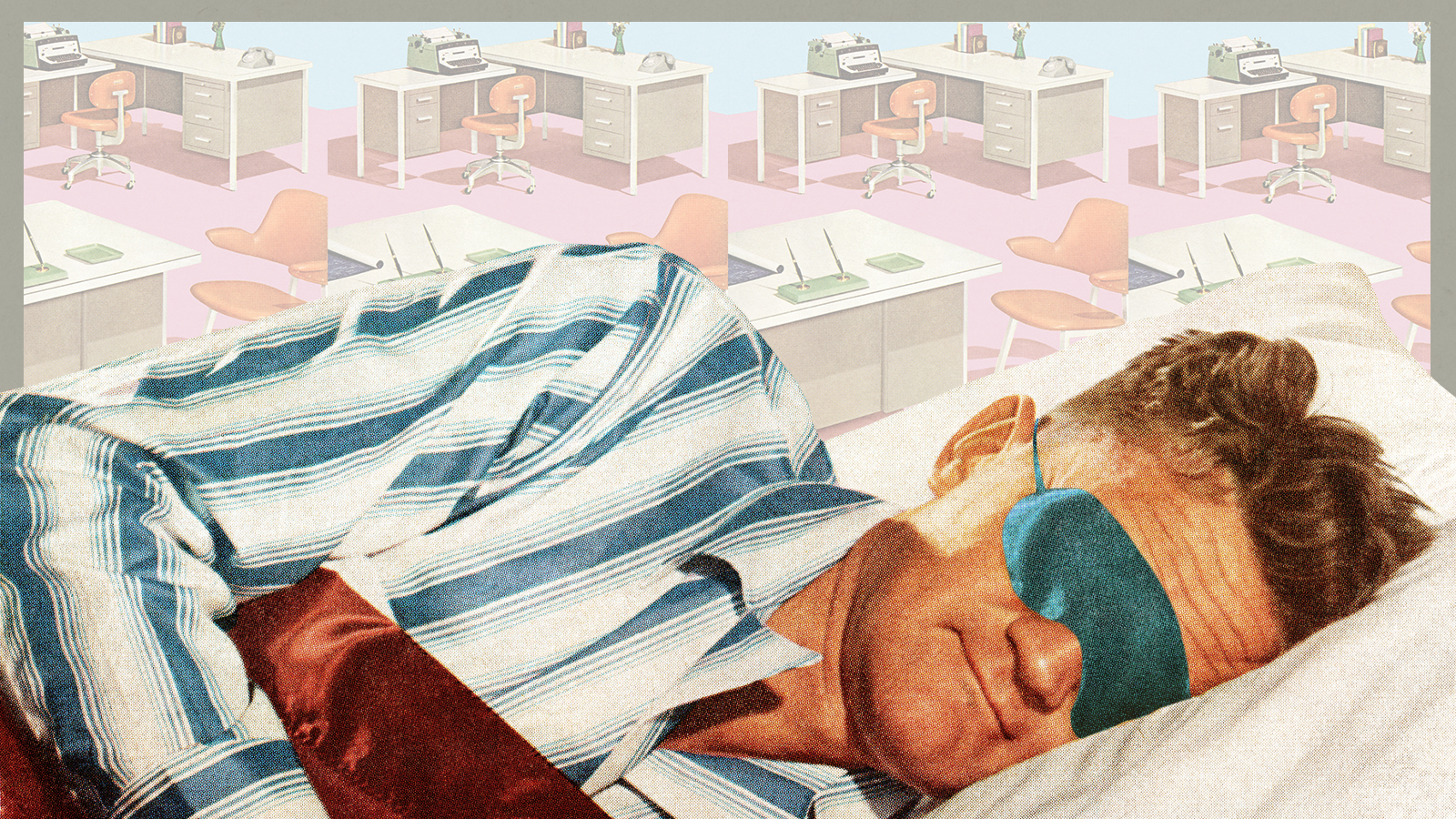
A free daily email with the biggest news stories of the day – and the best features from TheWeek.com
You are now subscribed
Your newsletter sign-up was successful
A few years back, I went to the federal courthouse in Philadelphia to cover a cop corruption trial for a local magazine. It was an important day — a key witness who had worked with the accused officers was giving testimony. I took my place in press row among other journalists, got settled in…
…and then I promptly fell asleep. Dead away. Missed a lot of the testimony.
At the next recess, a security officer in the courtroom told me I shouldn't be there if I couldn't stay awake. The problem? I couldn't. I'd been having sleeping problems for several years by that point, and I was increasingly having trouble disguising it at work. It was one thing to drift off and doze for a few minutes in the privacy of my office. It was another thing entirely to do it in a crowded courtroom, among my colleagues from all the city's top news outlets. It was one of the most humiliating days of my career.
The Week
Escape your echo chamber. Get the facts behind the news, plus analysis from multiple perspectives.

Sign up for The Week's Free Newsletters
From our morning news briefing to a weekly Good News Newsletter, get the best of The Week delivered directly to your inbox.
From our morning news briefing to a weekly Good News Newsletter, get the best of The Week delivered directly to your inbox.
It turns out that I am far from alone in having my job disrupted by such issues. Gallup reported on Friday that poor sleep has a huge impact in the workplace: An estimated 7 percent of workers don't get the rest they need — which means they miss work more often, and that employers lose an estimated $44 billion a year in productivity. Those poor sleepers also tend to change jobs more often, the polling service said.
The professional consequences of all this are important, no doubt: I shifted away from full-time work to freelancing in part so I'd have the freedom to sneak off and take a nap when I needed. (When you work from home, nobody can see you nod off.) But it's distressing to see the issue framed mostly as a dollars-and-cents matter when it's so much more. People afflicted with sleep issues have higher rates of obesity, high blood pressure, and depression. I got all of it. Living with bad sleep makes it difficult to enjoy relationships and engage the world in normal ways: For years, I couldn't sit through a movie, read a book, or have dinner with friends without nodding off. I was miserable.
I went to a sleep clinic on the night of the Iowa presidential caucuses in 2020. They discovered the obvious — I had apnea — and something unwelcome: A CPAP machine didn't really help. Then the pandemic happened. I stopped eating so much fried restaurant food and mostly gave up coffee, fell asleep on the couch a few nights doomscrolling — but in a position that seems to have propped open my airways. One day, a few months into lockdown, I had a realization: I'd been sleeping through the night. And spending my days feeling awake and energetic. It felt like a miracle. It still does.
Can other people duplicate my results? I have no idea. What I do know is that these days, my weight is down. My blood pressure's a little more resistant to getting better, but I feel more alive than I have in years. Mostly, I feel rested. I'm a better, more engaged worker as a result — but more importantly, I'm a better, more engaged husband and father. And I'm convinced, more than ever, that sleep isn't just the key to a productive workplace. It's necessary to have a good life.
A free daily email with the biggest news stories of the day – and the best features from TheWeek.com
Joel Mathis is a writer with 30 years of newspaper and online journalism experience. His work also regularly appears in National Geographic and The Kansas City Star. His awards include best online commentary at the Online News Association and (twice) at the City and Regional Magazine Association.
-
 Regent Hong Kong: a tranquil haven with a prime waterfront spot
Regent Hong Kong: a tranquil haven with a prime waterfront spotThe Week Recommends The trendy hotel recently underwent an extensive two-year revamp
-
 The problem with diagnosing profound autism
The problem with diagnosing profound autismThe Explainer Experts are reconsidering the idea of autism as a spectrum, which could impact diagnoses and policy making for the condition
-
 What are the best investments for beginners?
What are the best investments for beginners?The Explainer Stocks and ETFs and bonds, oh my
-
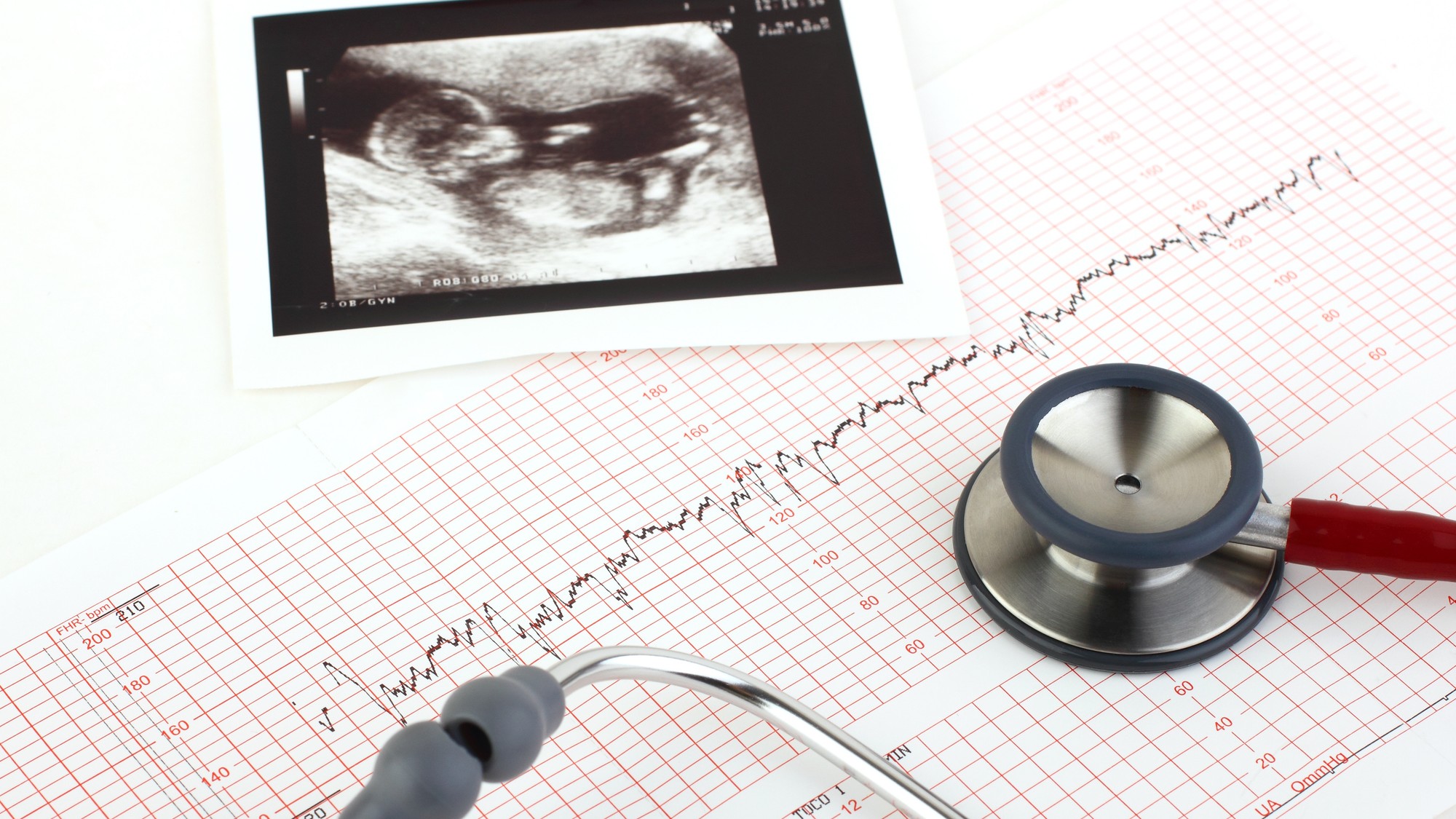 Should we be worried about declining birth rates?
Should we be worried about declining birth rates?Talking Points Baby boom or bust
-
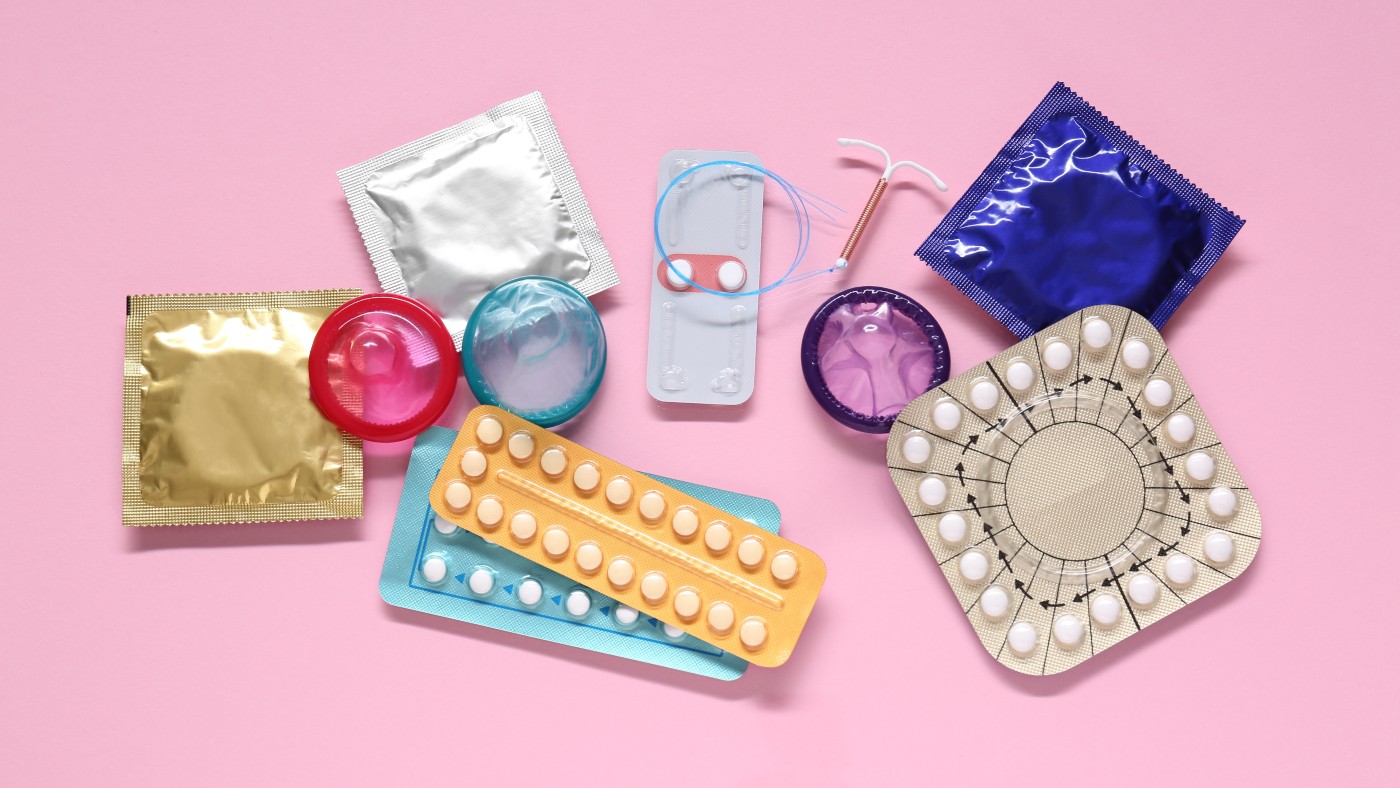 Are men the problem with male contraception?
Are men the problem with male contraception?Talking Points Science could now offer contraceptive gels and pills for men, but questions remain over trials, and men's responsibility
-
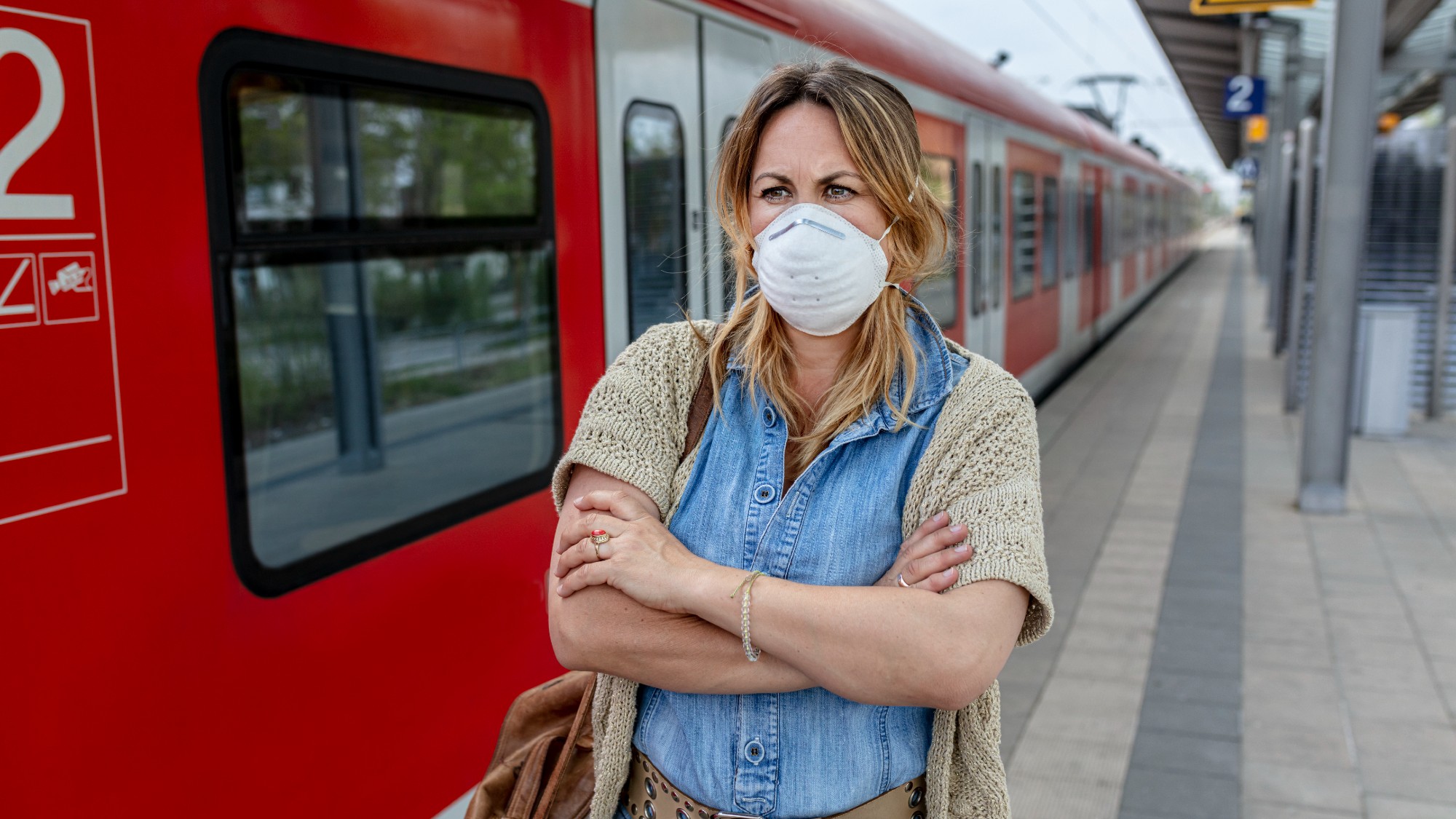 Should masks be here to stay?
Should masks be here to stay?Talking Points New York Governor Kathy Hochul proposed a mask ban. Here's why she wants one — and why it may not make sense.
-
 The bird flu fight is faltering
The bird flu fight is falteringTalking Points Are pandemic lessons going unheeded?
-
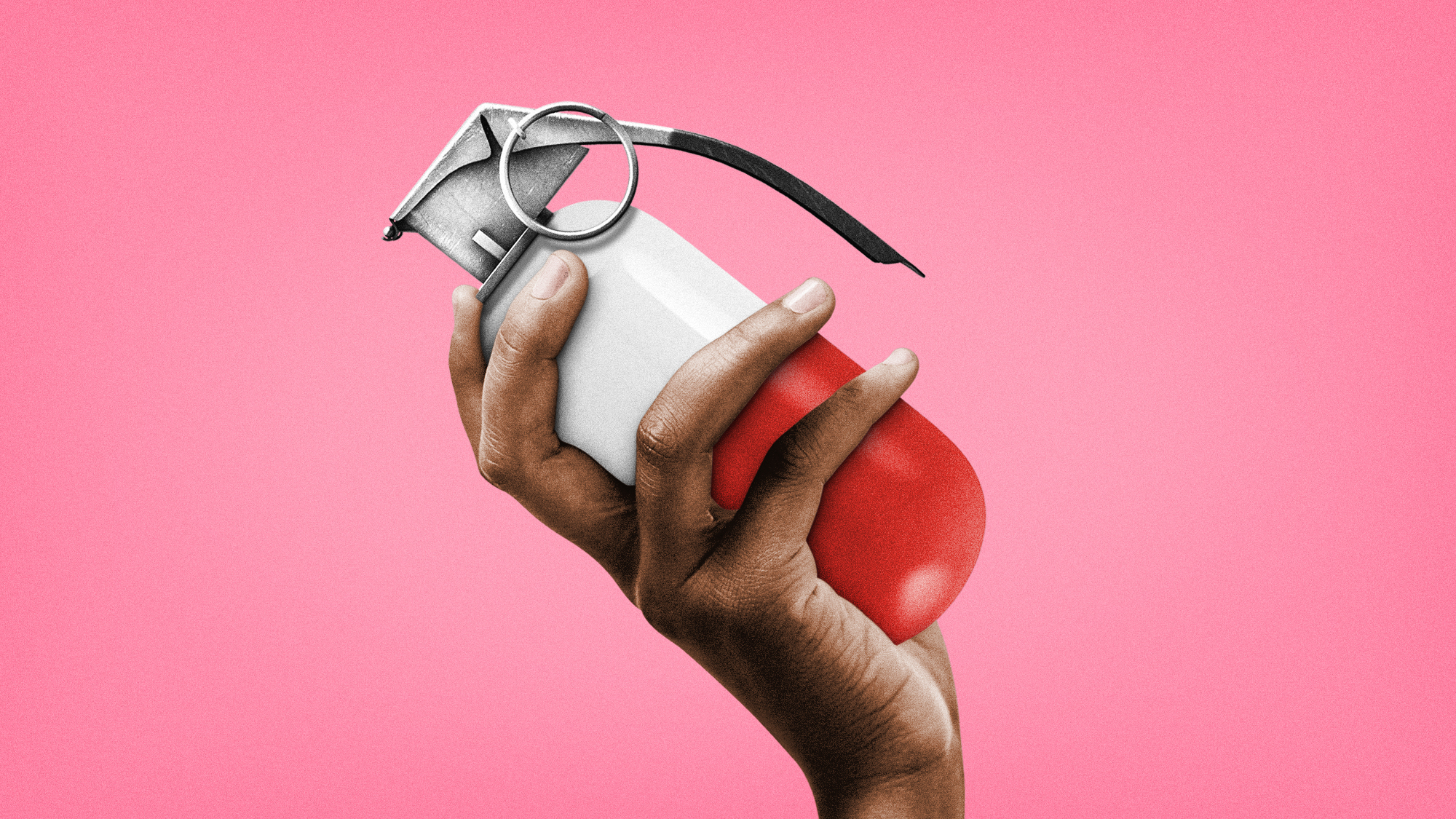 OTC birth control arrives amid the battle over reproductive rights
OTC birth control arrives amid the battle over reproductive rightsTalking Points Opill will cost $19.99 a month. Democrats are pushing to make it cheaper.
-
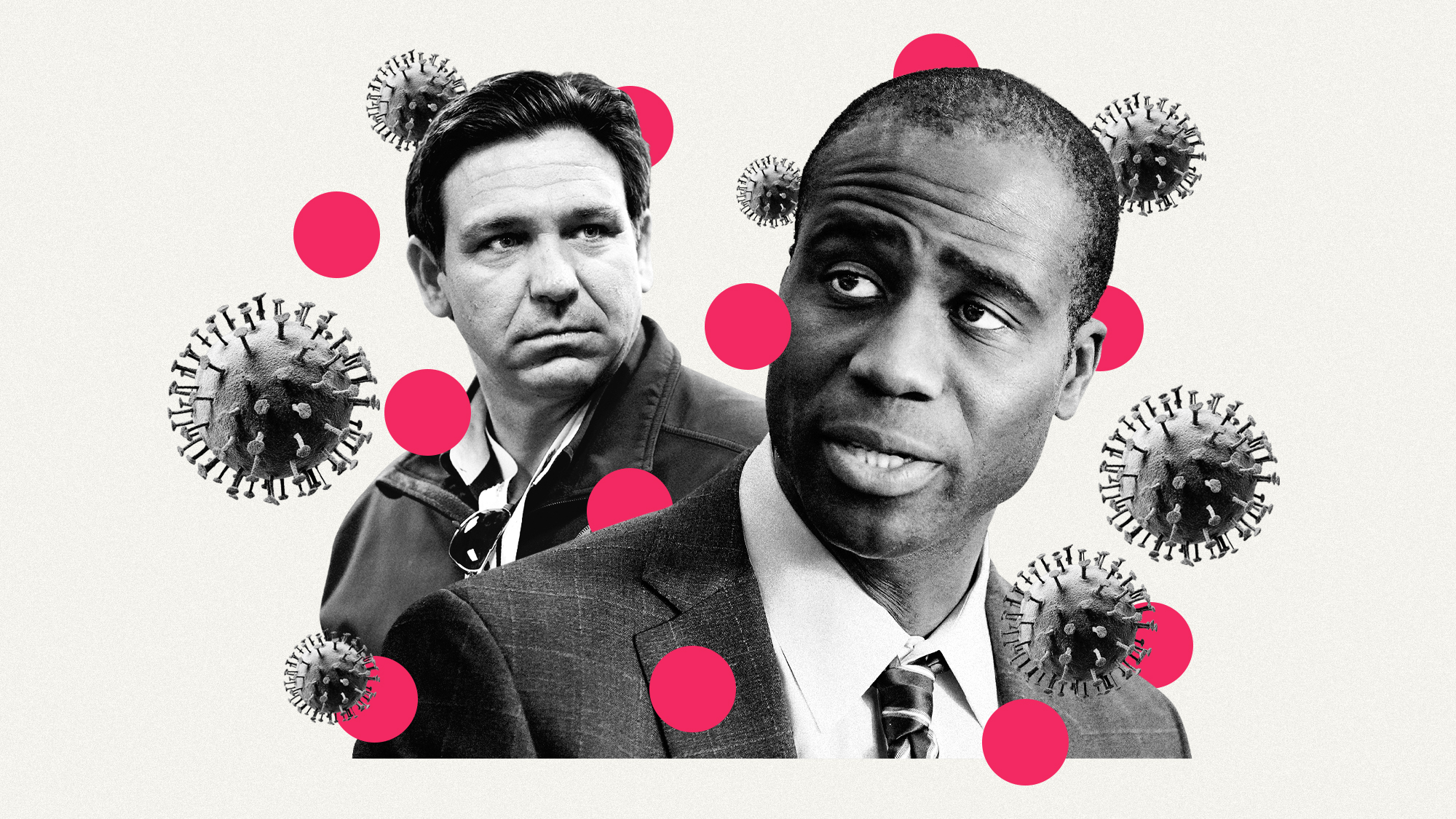 What Florida is — and isn't — doing to curb the biggest measles outbreak in the US
What Florida is — and isn't — doing to curb the biggest measles outbreak in the USTalking Points DeSantis appointee defies expert consensus to stop the spread
-
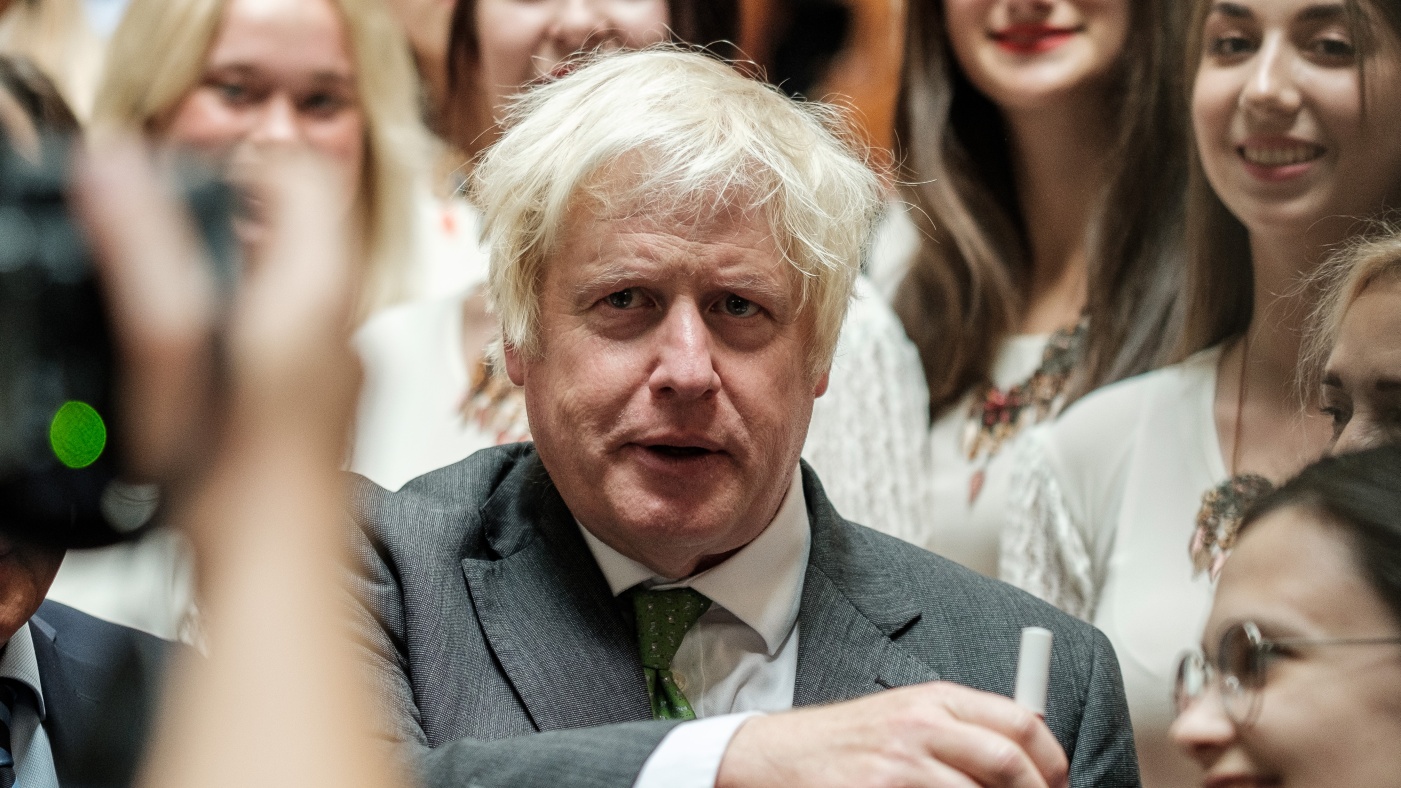 Covid inquiry: the most important questions for Boris Johnson
Covid inquiry: the most important questions for Boris JohnsonTalking Point Former PM has faced weeks of heavy criticism from former colleagues at the public hearing
-
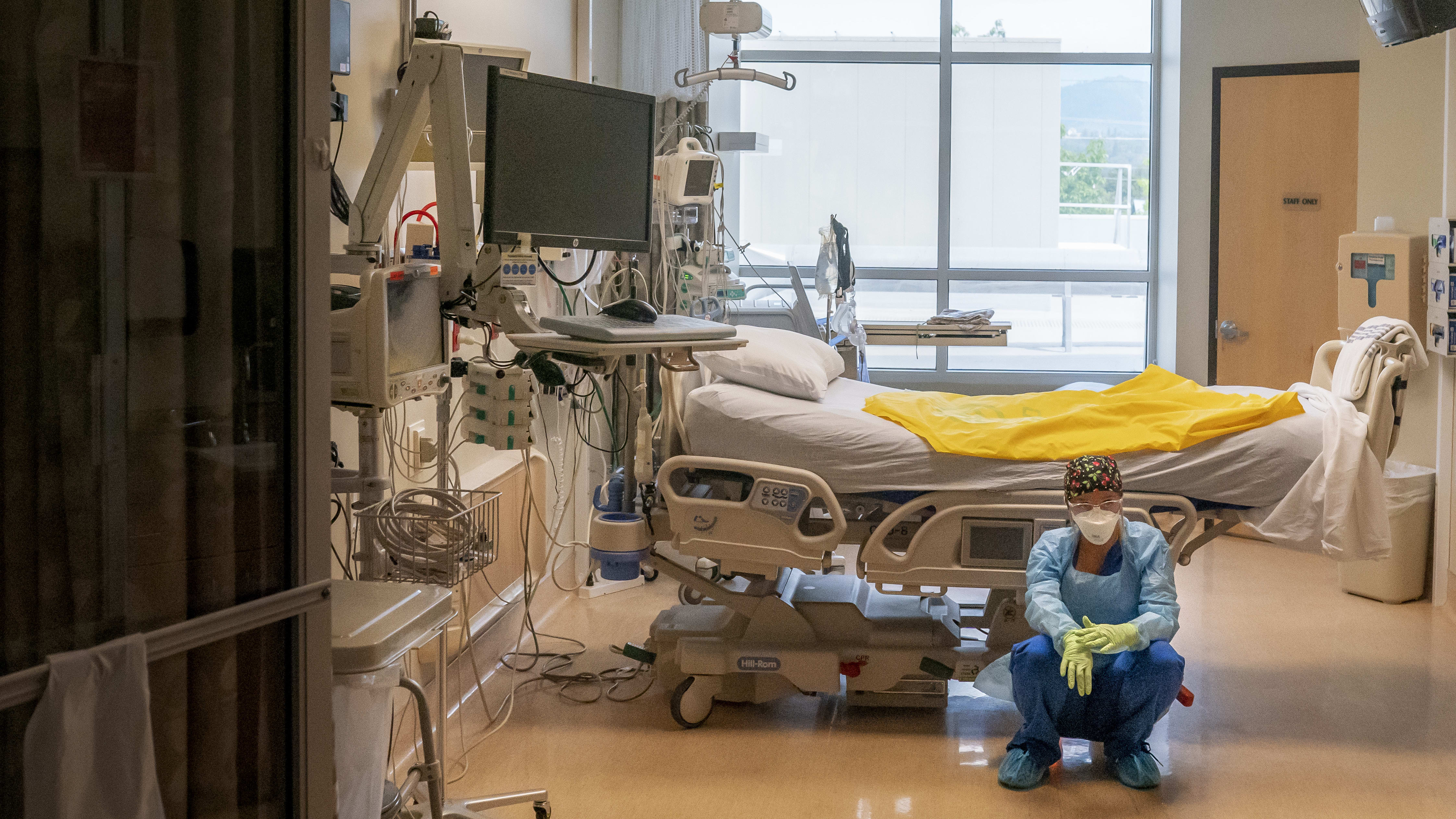 No, it's not over
No, it's not overTalking Point New Omicron subvariants are headed our way
